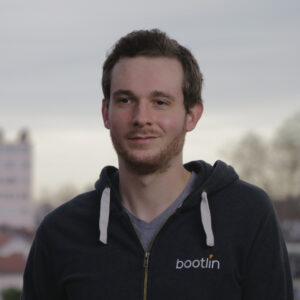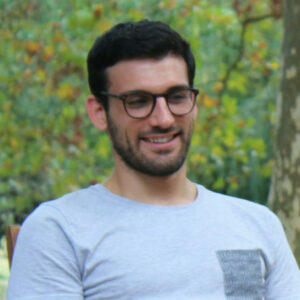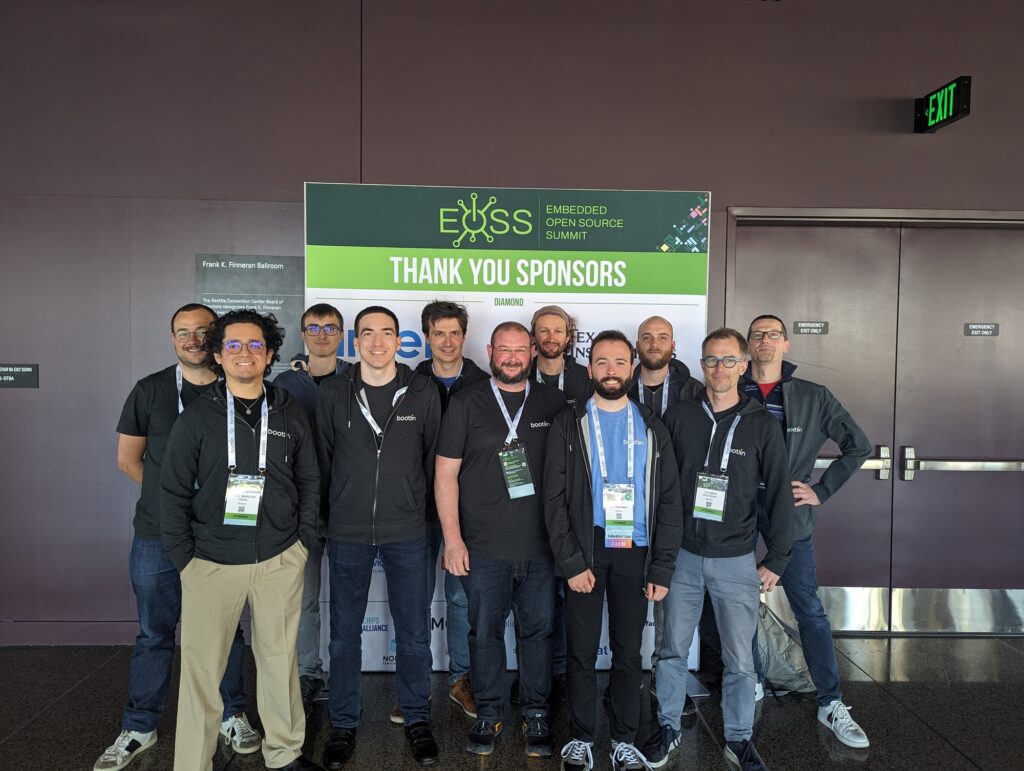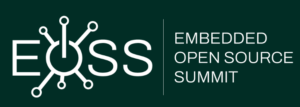The schedule for the Embedded Linux Conference 2021 has been published and features 4 talks proposed by Bootlin !
This year, the ELC will take place in Seatle but will be organised as a hybrid virtual/physical event due to the pandemic. As usual the ELC will have a really interesting schedule with 46 talks covering a wide range of topics: build system, kernel graphics, boot process, security, etc.
See below the details of Bootlin talks that will be presented as virtual talks.
Advanced Camera Support on Allwinner SoCs with Mainline Linux – Paul Kocialkowski, Bootlin
Capturing pixels with a camera involves a number of steps, from the ADC reading the photosites in the image sensor to the final pixel values that are ready for encode/display, with various processing and transmission taking place along the way. While simple cases put most of the heavy lifting on the image sensor’s side (through its embedded processor) and use a simple parallel bus for transmission, advanced cases require more work to be done outside of the sensor. In addition, modern high-speed transmission buses also bring-in more complexity. This talk will present how support for such an advanced use case was integrated into the mainline Linux kernel, using the Media and V4L2 APIs. It involves supporting a sensor using the raw Bayer RGB format, transmission over the MIPI CSI-2 bus as well as support for the Image Signal Processor (ISP) found on Allwinner platforms. A specific focus will be set on this ISP, with details about the features it implements as well as the internal and userspace APIs that are used to support it. The integration between all of the involved components will also be highlighted.

Talk given by Paul Kocialkowski, at 4:50 PM PDT on September 27, 2021. See this talk in the schedule.
Embedded Linux Nuggets found in Buildroot Package Eldorado
To this date, Buildroot supports more than 2,500 packages, selected for the ability to run them on embedded Linux systems. We’ve gone exploring this Eldorado, and came back with multiple nuggets of all shapes and colors. Join this playful presentation and as if you were still a new comer to the embedded Linux community, discover lesser known tools and resources that can add to the functionality of your systems or make your life as a developer easier and more fun. Whenever possible, each resource will be shown through a quick demonstration or video capture. During this talk, I’ll also open an Etherpad for all participants to share their favorite solutions with the rest of the audience, especially the ones that deserve to be better known, and could be worth supporting in Buildroot too. We will close the session by an open review and discussion based on the nuggets shared by the audience.

Talk given by Michael Opdenacker, at 12:00 PM PDT on September 28, 2021. See this talk in the schedule.
I3C in Tomorrow’s Design
I3C is the new bus specification by the MIPI Alliance. While being compatible with I2C devices, this bus brings a colorful set of new features such as dynamic address assignment, in-band interrupts, hot-join, master handover and many others. It was improved once again recently with the 1.1 version of the specification which brought timer based sampling synchronization and targeted reset. All this make the I3C bus a good candidate for a number of new situations compared to its I2C cousin. It is then more and more being included in new hardware designs. With this talk we would like to propose a reminder of the various components and concepts of this relatively new bus. We will then detail how it is implemented in the Linux kernel with a short guided tour in the I3C core. Since the previous talk on I3C in 2018 by Boris Brezillon, I3C has now become a reality and starts to become available in real hardware designs. This talk will recap the basics of I3C as well as add details of the 1.1 specification and improvements in the Linux support.

Talk given by Miquèl Raynal, at 4:00 PM PDT on September 28, 2021. See this talk in the schedule.
OP-TEE: When Linux Loses Control

Talk given by Clément Léger, at 12:00 PM PDT on September 29, 2021. See this talk in the schedule.
 Aside from the upcoming Embedded Recipes conference in Nice on May 14-16, one of the most significant events for the open-source embedded community in Europe will be the Open Source Summit Europe. In particular, its key sub-conferences—the Embedded Linux Conference (ELC) and the Zephyr Developer Summit—will bring together experts, developers, and enthusiasts. This conference will take place on August 25-27, 2025, in Amsterdam.
Aside from the upcoming Embedded Recipes conference in Nice on May 14-16, one of the most significant events for the open-source embedded community in Europe will be the Open Source Summit Europe. In particular, its key sub-conferences—the Embedded Linux Conference (ELC) and the Zephyr Developer Summit—will bring together experts, developers, and enthusiasts. This conference will take place on August 25-27, 2025, in Amsterdam.


 Almost the entire engineering team of Bootlin attended the
Almost the entire engineering team of Bootlin attended the 



